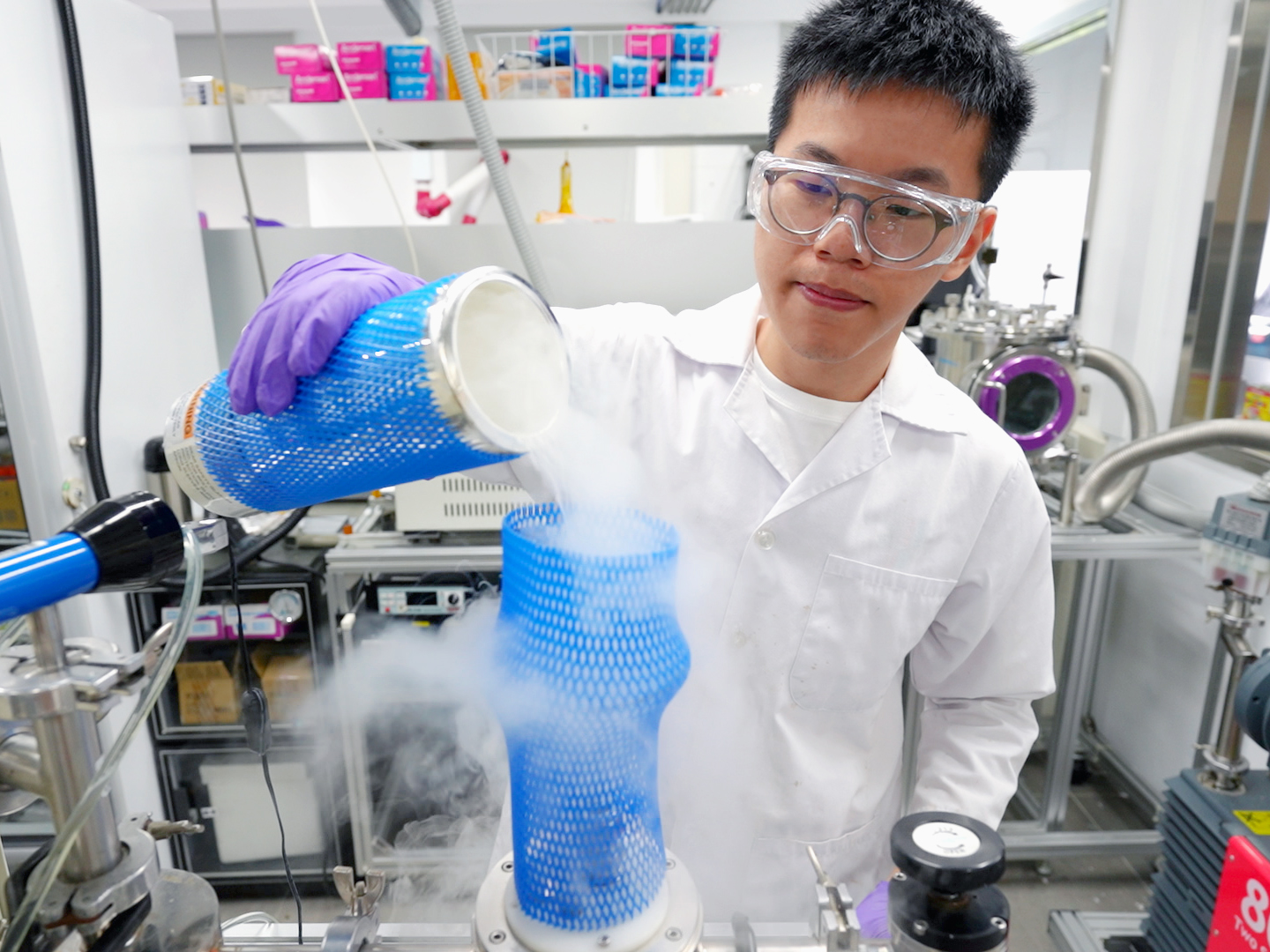The Biointerface and Biomaterials Engineering Lab, led by Prof. Hsien-Yeh Chen from NTU’s Department of Chemical Engineering, is proud to announce the development of a groundbreaking water filtration capsule that combines innovative technology and environmentally friendly processes. This multifunctional and highly efficient filtration solution has the potential to revolutionize wastewater treatment and address water scarcity challenges.
The core of this remarkable achievement lies in the utilization of chemical vapor deposition (CVD), an eco-friendly technology that enables the efficient decomposition of organic matter, including ammonia, during the wastewater treatment process. By incorporating CVD, the team has successfully merged secondary and tertiary treatment processes, resulting in significant cost reductions in wastewater treatment.
Key Features and Benefits:
Construction with Parylene: The filtration capsule is constructed using parylene, a polymer renowned for its exceptional chemical stability and resistance to corrosion caused by pollutants present in wastewater. This ensures long-lasting performance and durability.
Innovative Vapor Fabrication Process: The product is manufactured using a specialized vapor fabrication process called Chemical Vapor Deposition (CVD). This solvent-free method boasts nearly 100% reaction yield, allowing for easy scalability in mass production. The deposition of the vapor monomer on a gradually sublimating ice template enables the encapsulation of functional bacteria and essential substances within a three-dimensional porous structure.
Biocompatibility and Cell Culture Enhancement: Parylene’s high biocompatibility enhances cell culture, contributing to the overall efficacy of the water filtration capsule.
Versatility and Customization: The product offers versatility by enabling the encapsulation of additional supporting components such as enzyme inducers and graphite, tailored to specific wastewater types. This customization enhances the effectiveness of the purification process.
Superior Performance and Efficiency: In comparison to existing wastewater treatment technologies, the developed water filtration capsule demonstrates superior water purification results while occupying a smaller area and generating less sludge. This leads to significant cost savings and environmental benefits.
Cost-Effective Solution: The installation cost of the water filtration capsule is remarkably low, making it a financially viable option for widespread adoption.
Anticipated Impact and Patents:
The implementation of this innovative technology is expected to increase wastewater reusability by 25% and reduce sludge production by 40%, thereby reducing landfill fees and decreasing Taiwan’s electricity consumption. Furthermore, the product has obtained patents in multiple countries, highlighting its uniqueness and potential for global adoption.
Prof. Hsien-Yeh Chen, the visionary behind this breakthrough, believes that the multifunctional porous water purification capsule technology presents a sustainable solution to address Taiwan’s water scarcity crisis and improve wastewater treatment processes. The team’s dedication to innovation and their commitment to developing environmentally friendly solutions contribute to the overall betterment of society.
The NTU Biointerface and Biomaterials Engineering Lab has developed a multifunctional water filtration capsule using environmentally friendly technology.

The implementation of this innovative technology is expected to increase wastewater reusability by 25% and reduce sludge production by 40%, leading to a decrease in landfill fees and electricity consumption.

The team’s dedication to innovation and their commitment to developing environmentally friendly solutions contribute to the overall betterment of society.
